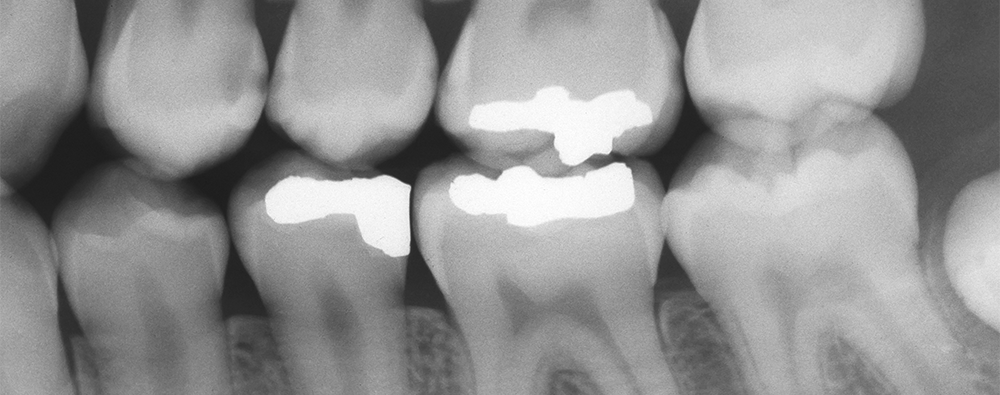There’s a lot to be said about the feeling of admiration you get when you look at your child and see they have inherited all of your best features. They have your eyes, the same color of hair and even the same kind of habits as you. It’s adorable, right?
The thing about habits is that while we can sometimes pass good habits on to our children, like eating right and going to sleep early, we can also pass on bad habits. Take your oral health habits, for example. Studies show that parents with anxiety or fear of the dentist are more likely to have kids with cavities. It’s a serious problem, but one that can be easily fixed.
Parents Afraid of the Dentist Have Kids With Untreated Cavities
Dental anxiety is common, but that doesn’t mean it doesn’t have consequences. In fact, as a parent, being afraid of the dentist can have a bigger impact than you might realize. You see, when you as a parent have dental anxiety, it’s likely that you aren’t going to the dentist as much as you should for regular cleanings. With that being said, it can be especially difficult to keep up with your child’s dental care like you should if you aren’t able to keep up with your own.
There are also less obvious ways you can pass down cavities to your children. Parents can actually spread their own existing cavities from their own mouth to a child’s mouth. This is done through normal everyday interactions like sharing a spoon with your child or kissing your baby on the mouth. This mouth to mouth contact can be dangerous when it comes to keeping cavities at bay. When it comes to children with untreated cavities, research shows that the age groups that are impacted the most are
Age Groups of Children Impacted by Cavities the Most
- three-month-olds - 30 percent
- six-month-olds - 60 percent
- two-year-olds - 80 percent
"Unlike other infectious diseases, tooth decay is not self-limiting. Decayed teeth require professional treatment to remove infection and restore tooth function,” the study wrote.
Ready to Buy Dental Insurance?
This article is very high-level information. We recommend you always review plan details and get a quote before you purchase a dental insurance plan. We offer 5 plans with different coverage and monthly premiums.
How Cavities Form
Cavities occur when damage from tooth decay creates an actual hole in the tooh. This decay happens when an abundance of plaque and bacteria are given an opportunity to eat away at teeth. It’s all made possible when brushing, flossing and regular dental visits are not a part of your oral health routine. To avoid cavities, it’s important that you and your child see the dentist at least every six months.
How to Protect Your Kids From Cavities
The best thing you can do for your child is to take them to the dentist for regular check ups every six months. And if taking your child to the dentist is difficult due to your own fears or anxiety, consider asking a friend or relative if they can take your child for you. The most important thing to know is that the earlier a child visits the dentist, the better off they will be. You can also protect your child from cavities by avoiding some of these high risk cavity-promoting behaviors
- Rationing your child’s sugar intake
- Weaning your child of their baby bottle after 12 to 14 months of age
- Avoid letting your child drink sugary sodas
- Don’t put your child to sleep with a milk bottle at bedtime
How do you Deal with Dental Anxiety?
We want to hear about it! Join our conversation on Twitter!












